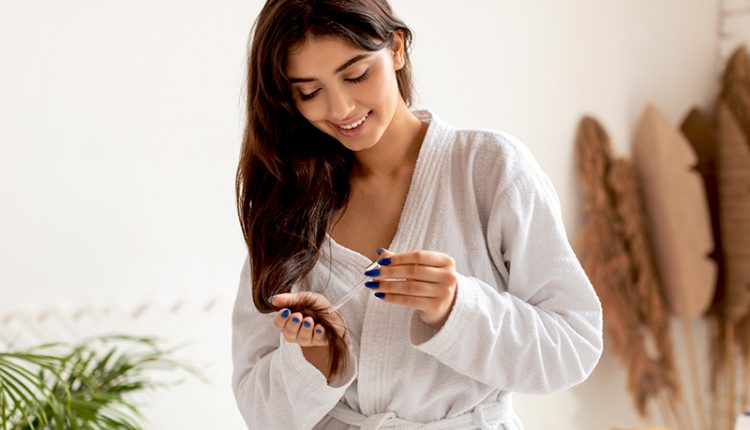The Dhaka Times Desk There are everyday items, which even if shared can harm your health. Find out today that if you do not take these precautions in the case of any product, you may be in danger.

No matter how sweet your relationship is, there are some things that can never be shared with loved ones. Almost everyone knows how unhealthy it is to share towels, underwear, brushes, clothes with others. But beyond this, there are various useful things, which can harm your health even if you share them. Everyone's body type is different. The mode of infection of bacteria and viruses in the body is also different, so the tendency to fall ill is also different. That's why you must be careful before sharing many things. Find out today what products can be dangerous if you don't follow these precautions.
headphones
Do we often share our headphones with others? I finish my work by taking the headphone of a friend or colleague. Both of them are listening to music on one headphone - such a scene is also seen frequently. According to doctors, these things enter the body. So they should be used on their own. Ear diseases are of different types. Harmful bacteria in one person's ear can be transferred to another person's ear through these headphones, so it takes no time for the disease to spread.
shoes
Keep clothes, shoes and socks separately. Although it is not always visible, the soles of the feet are more or less sweaty. That sweat can also spread to the shoes. Avoid wearing other people's shoes to avoid harmful bacteria and fungi in sweat.
makeup
Be it lipstick or lipgloss, don't share cosmetics that you apply directly to the skin. It increases the risk of spreading disease. Soaps and perfumes that rub directly on the skin are also best kept separate. Bacteria accumulated in the skin and pores and viruses in the body can be transmitted to a large extent through these things.
cigarettes
Even though smoking is very harmful for the body, on top of that the habit of sharing cigarettes with others is very unhealthy among many people.
the comb
Many times the sweat on the scalp also harbors various bacteria. If you use someone else's comb, the bacteria can also become a nest on your head. So you must be careful before using someone else's comb. Source: Anandabazar Patrika Online.
>>>>>>>>>>>>>>
How to prevent dengue
Dengue is a mosquito-borne viral fever. This fever is different from other viral or bacterial fevers. However, this fever is not contagious in any way. This viral fever can occur alone or in combination with other viruses (chikungunya, yellow fever, Burma forest, flu, respiratory syncytial) and bacteria (pneumococcus).
Dengue fever is divided into two categories depending on the severity of symptoms and fever.
1. Common dengue fever
2. Dengue fever with bleeding.
In the case of common dengue fever, the following symptoms are mainly seen-
1. Sudden high fever lasting 2 to 7 days.
2. Severe headache.
3. Pain behind the eyes.
4. Along with the fever, red rash appears all over the body.
5. Severe pain in whole body as well as back pain.
6. Nausea or vomiting.
7. A rash or red bumps on the skin.
In case of dengue fever with bleeding:
1. Bleeding from nose, mouth or vomiting with high fever within 2 to 48 hours.
2. Fluid accumulation in chest or abdomen along with fever.
If any of these symptoms appear, seek medical attention immediately.
On the other hand
Wait at home for the first 3 days of fever. On the other hand, sponge the whole body with water every now and then. This will reduce the level of fever. Drink enough water and rest. After that, if the fever does not decrease or if it continues to increase after some time, consult a doctor immediately.
Things to do to prevent Dengue:
1. Try to keep the surroundings of the house as clean as possible.
2. If there are flower tubs or broken plastic bottles, can shells, tires or polythene inside the house, clean them quickly and drain the accumulated water from the flower tubs.
3. Spray or fog at least 3 times a week to kill mosquitoes.
4. You can keep mosquito repellent cream with you while going out.
5. After evening, younger and older members of the household should use mosquito nets.
6. Clean up any accumulated rain water, as this is the time when Aedes mosquitoes lay their eggs.
7. On the other hand, you can use mats along with mosquito nets to avoid mosquito infestation.
8. Since Aedes mosquitoes bite during the day, it is important to avoid sleeping with mosquito nets while sleeping during the day. Source: https://dmpnews.org


